This website uses Google Translate
You cannot use this feature without first accepting 3rd Party Cookies.
This website uses Google Translate
You cannot use this feature without first accepting 3rd Party Cookies.
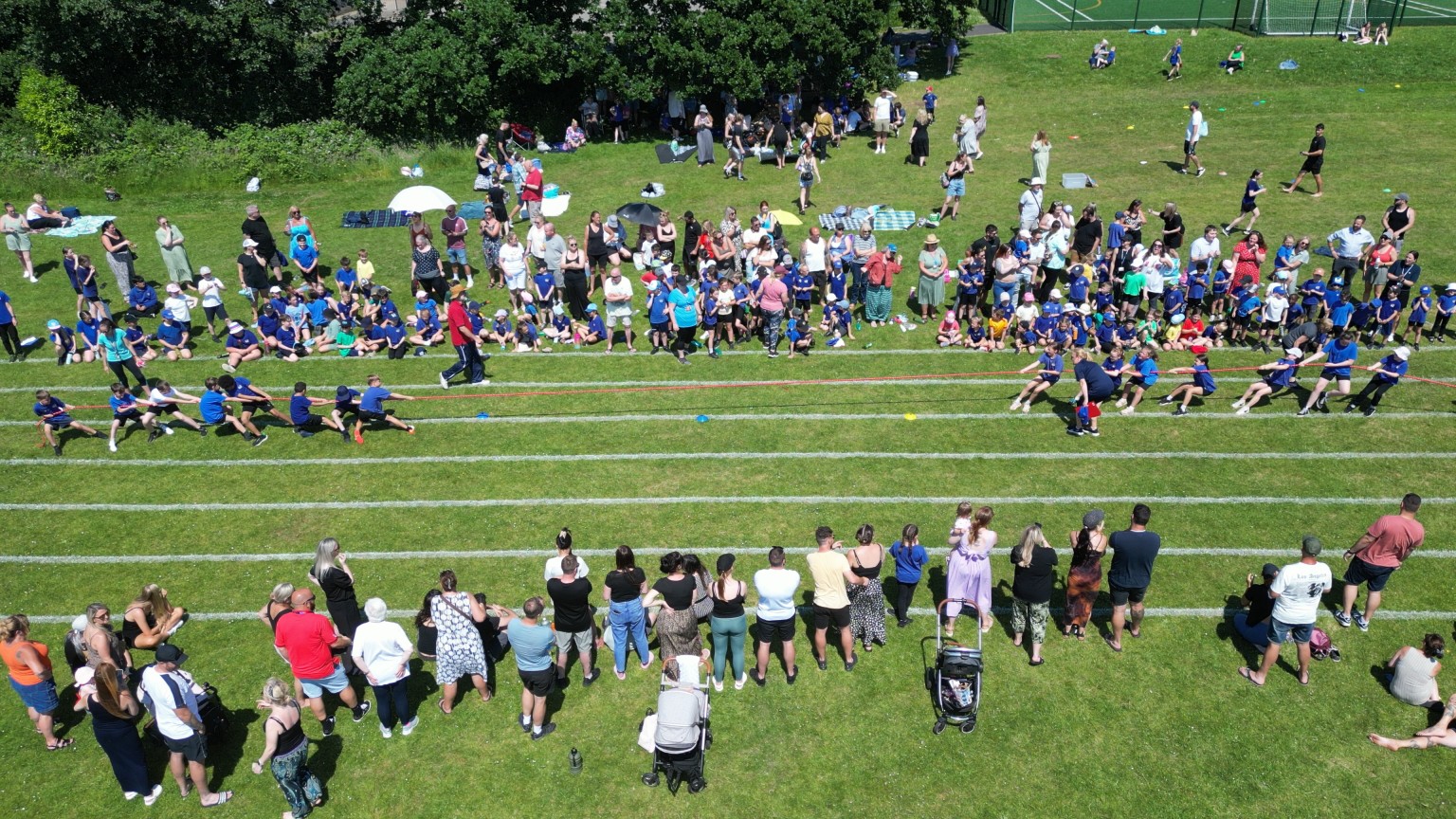
You cannot use this feature without first accepting 3rd Party Cookies.
You cannot use this feature without first accepting 3rd Party Cookies.
Our curriculum for Religion and Worldviews provides all children, regardless of their background, with:
• Coherent and sequenced substantive knowledge of religion and worldviews represented in Britain and the wider world, selected to build pupils’ understanding through three vertical concepts. These vertical concepts build a thematic narrative and provide context across diverse worldviews, as well as using small steps to help pupils gain a deep understanding of complex, abstract ideas:
• Sacrifice - Giving something up for the benefit of someone else is a recurring concept across religious & non-religious worldviews and takes many different forms. What motivates human action and what are the societal and personal consequences?
• Knowledge & Meaning - One of the unique qualities of human intelligence through time has been our quest for knowledge and meaning. How have religion and belief impacted on humanity’s search for “Truth”? How do beliefs impact human behaviour? What is it reasonable to believe?
• Human Context - Human beings exist in, and are influenced by, their place in time and their geographical, political and social context (Person, Time and Place). Everyone is different, so how have our diversities been influenced by our personal context? What influences a personal worldview?
• A Worldviews approach provides opportunities for all pupils to see themselves reflected in the curriculum, but also to be taken beyond their own experiences. Our Religion and Worldviews curriculum teaches pupils about diversity within and between beliefs, cultures and worldviews from across the world, and seeks to teach the skills and knowledge to hold respectful and informed conversations about religion and belief; to be religiously literate.
• A conscious inclusion of vocabulary and substantive content that recognises the need to decolonise teaching materials in a meaningful and accessible way.
• A scholarly approach to the core disciplinary knowledge of theology, philosophy and social sciences, developing pupils’ ability to hold the types of conversation and to apply the methods and processes of theologians, philosophers and social scientists.
• A curiosity and openminded approach to the worldviews of others and a reflective consciousness of their own worldview.
Since the publication of the RE Council's Commission on Religious Education (CoRE) Report in 2018, there has been a shift in the focus of Religious Education syllabuses and curriculums toward what is called a “religion and worldviews approach”. This 1.15m video explains their thinking.
The approach suggests that everyone has (or ‘inhabits’) a worldview. Our worldview is our way of looking at, experiencing, interpreting and interacting with the world around us. It is personal to each of us and changes as we travel through life. Our worldview is influenced by our life experiences and external influences such as media and our parents and teachers. Our worldview will affect the way we respond to people and situations around us. This 2.34m video explains the concept of a worldview.
As well as individual worldviews, there can be institutional or organised Worldviews, these may be the collective values of a religious group, such as the Catholic Church or Sunni Islam. A person who chooses to belong or identify themselves with an organised religious Worldview will be influenced by that, however they may not adhere to everything that religious Worldview represents; they are still an individual within an organisation. In short, it’s complicated!
The religion and worldviews approach to Religious Education has a number of benefits:
• It starts with people, seeking to put the significance of lived experience at the heart of pupils' learning.
• Everyone can recognise themselves in the curriculum, as we all inhabit a worldview whether we identify as religious or not.
• It opens-up our understanding of the lived diversity within religious and non-religious worldviews, rather than seeing a group as homogenous whole.
• Pupils approach substantive knowledge through the development of scholarly, disciplinary skills.
• If we learn to understand what influences a religious worldview, we can apply that understanding in our interpretation of religious text or belief in action; we can seek to see through a believer’s eyes.
• As pupils develop an awareness of what influences their personal worldview, they can begin to accept challenges to their preconceptions and understand both themselves and others better. This is important in developing personal knowledge in the curriculum.
The implementation of our curriculum for Religion and Worldviews reflects our broader teaching and learning principles.
For Religion and Worldviews in particular:
• Substantive knowledge (‘what we know’) is always carefully situated within existing schemas. Where prior learning is being built-upon in a unit, that knowledge is reviewed and contextualised, so that pupils can situate new knowledge in their broader understanding of different worldviews.
• Disciplinary knowledge (‘how we know’) is introduced in steps, beginning as implicit lenses of study and building to explicit introduction of key terminology and opportunities to engage in the types of conversation, and to apply the methods and processes, of the three disciplines. For example, in KS1 pupils are explicitly introduced to the ‘puzzling questions’ asked by a philosopher in relation to the concepts of creation and freedom; in Year 3, pupils explicitly learn to apply the methods of a theologian when considering the reliability of Biblical text; in Year 4, pupils explicitly practise the methods of a social scientist to analyse Census data.
• Personal knowledge (a pupil’s awareness of their own worldview) is developed through regular opportunities for paired and class discussion, modelled, reasoned oracy practice, as well as explicit examination and challenge of misconceptions through substantive knowledge. For example, in Year 3, pupils learn about the words of the Qur’an on modesty of dress and see examples of how this is interpreted in different ways by many Muslim women. Pupils learn about both the challenges and empowering experiences of different Muslim women and consider how they might support a pupil who chooses to wear a hijab in school.
• Vertical concepts are implicit thematic threads used within overall curriculum design to connect significant aspects of religious and non-religious worldviews. These are not explicitly shared with pupils to avoid cognitive overload as pupils are already managing complex substantive and disciplinary knowledge.
• Opportunities for extended, scholarly writing appear throughout the curriculum. These have a clear purpose and, crucially, allow pupils to write as a theologian, philosopher or social scientist. For example, in Year 4, after considering the complex philosophical nature of truth, doubt and reality, pupils write a balanced argument and explain whether they agree or not with the statement, People should always tell the truth.
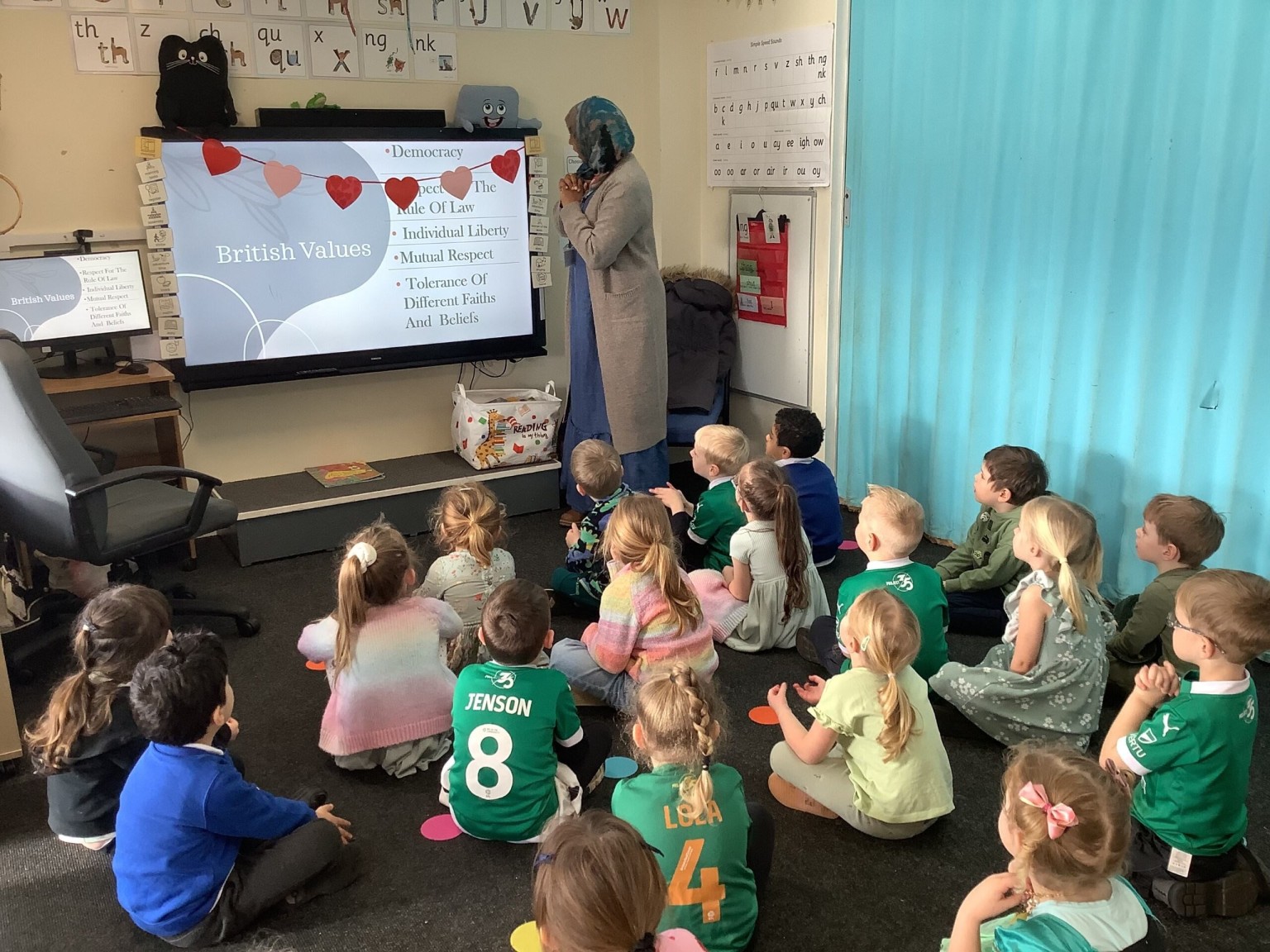
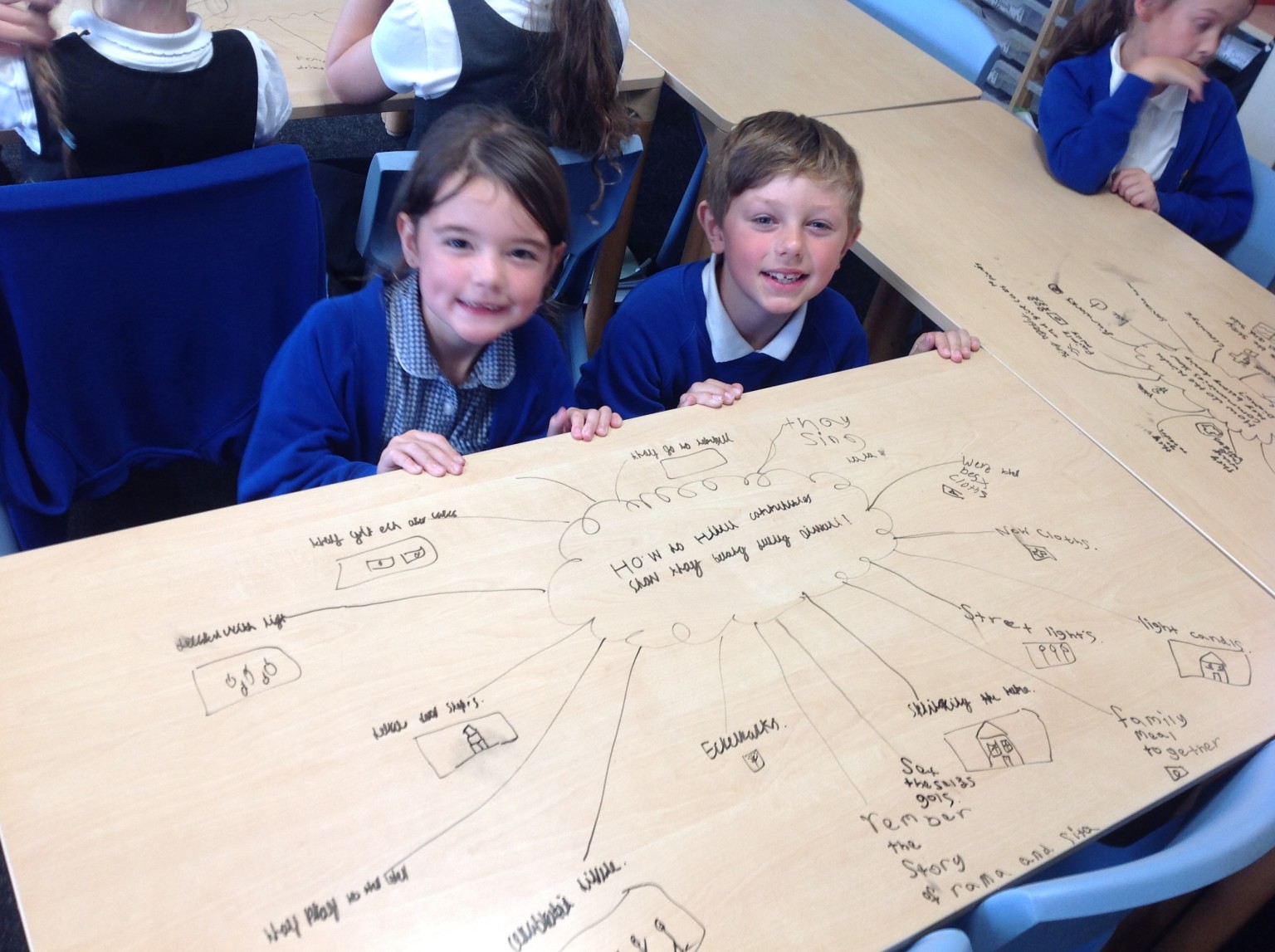
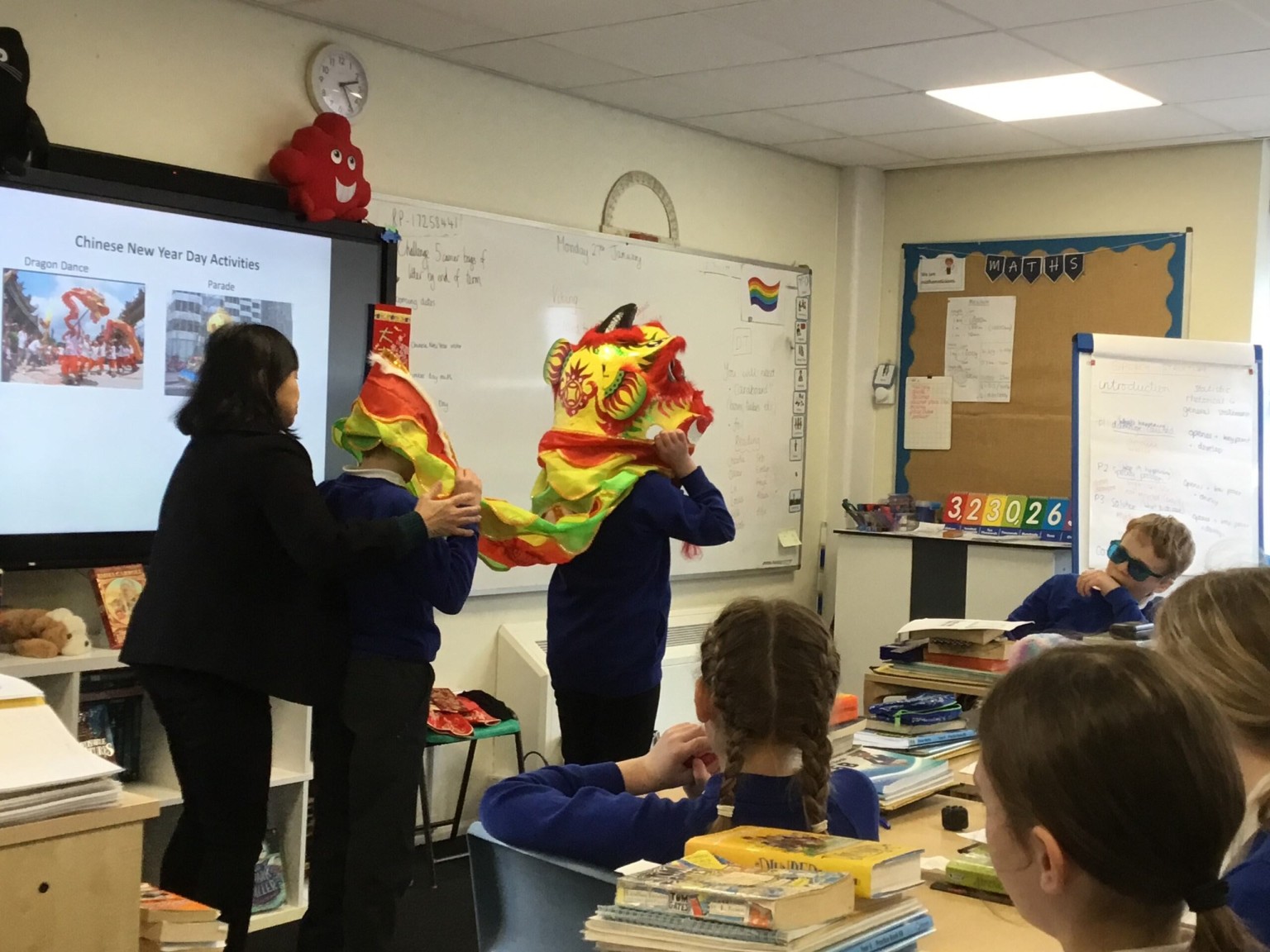
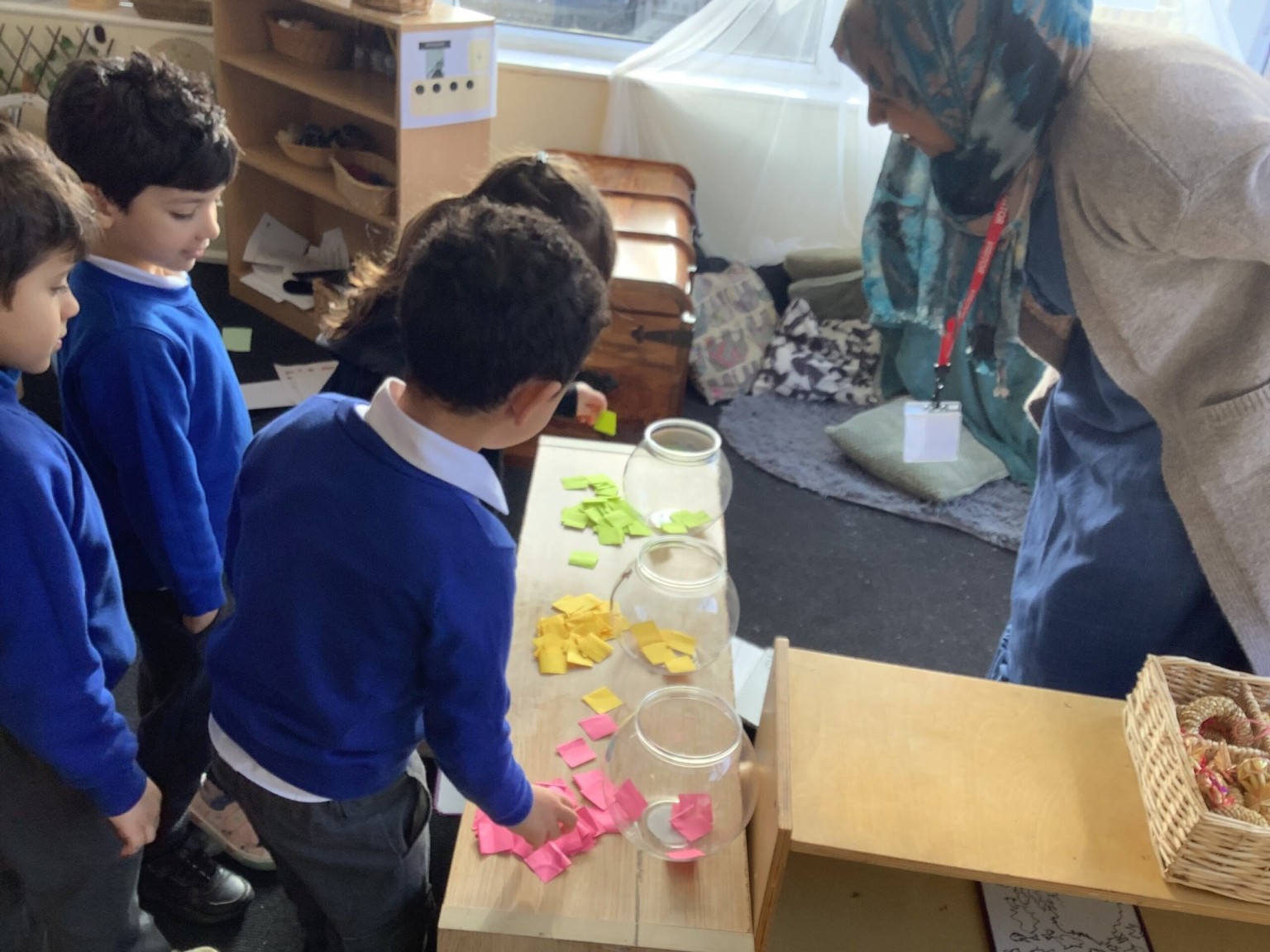
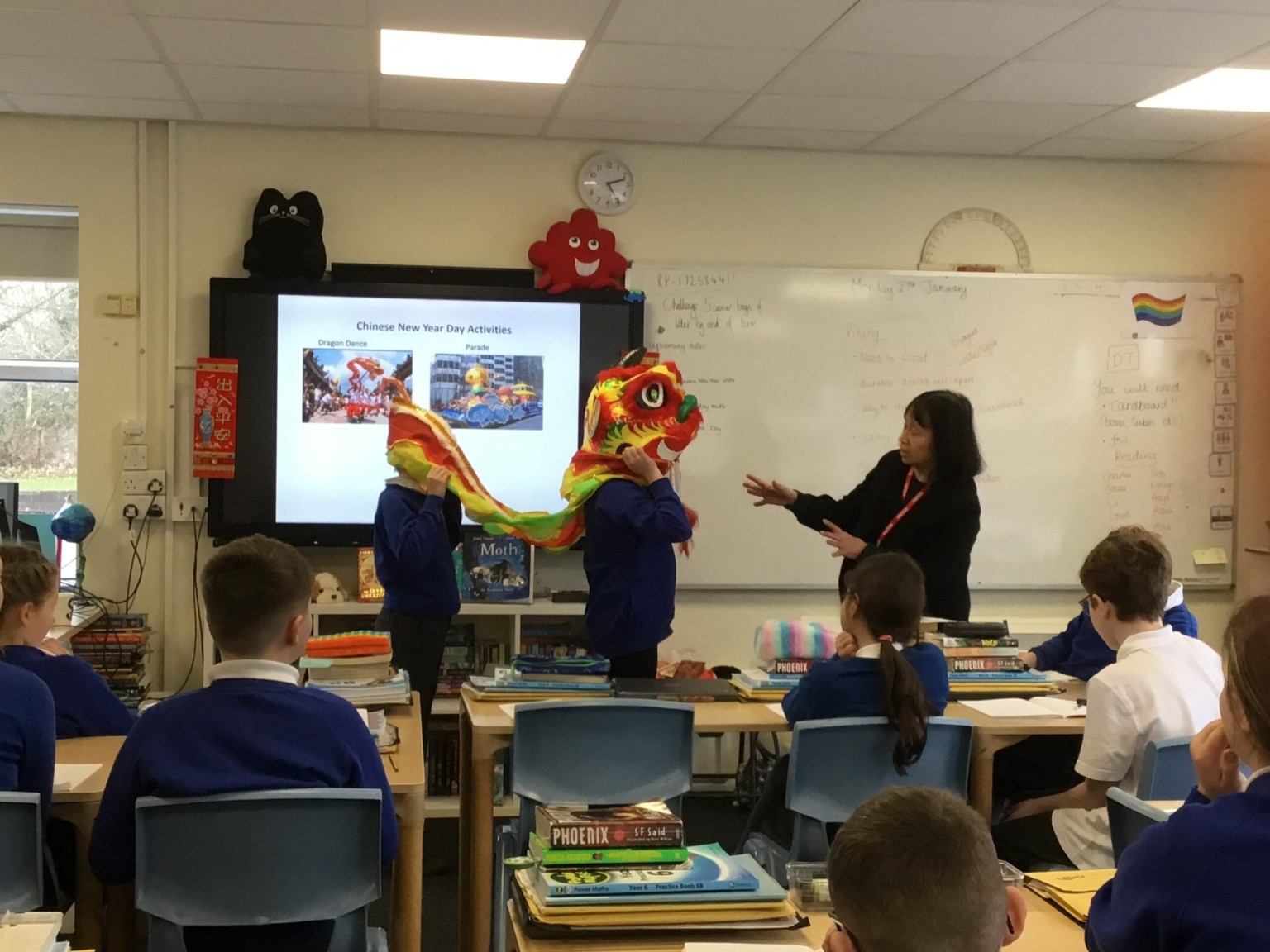
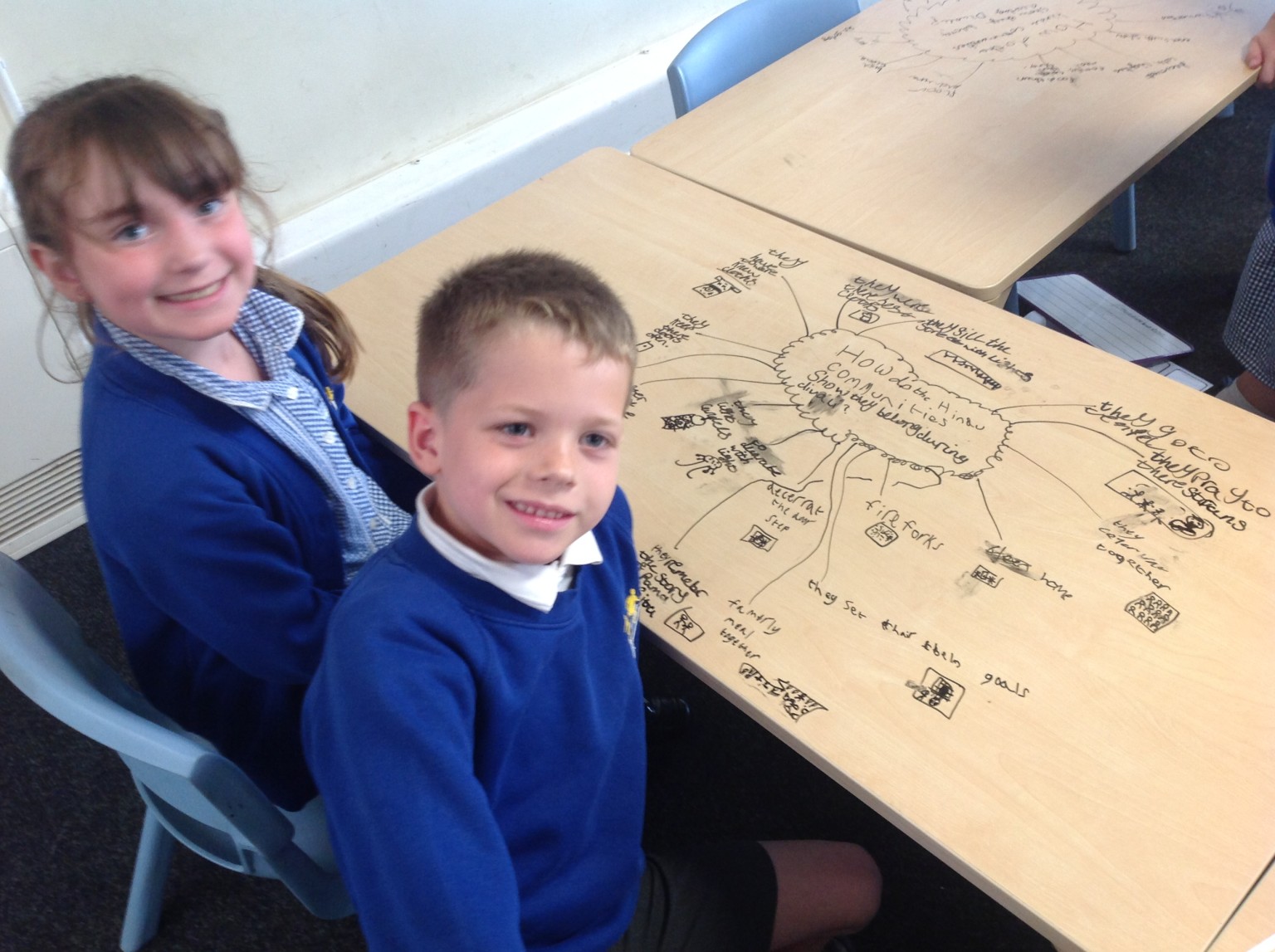
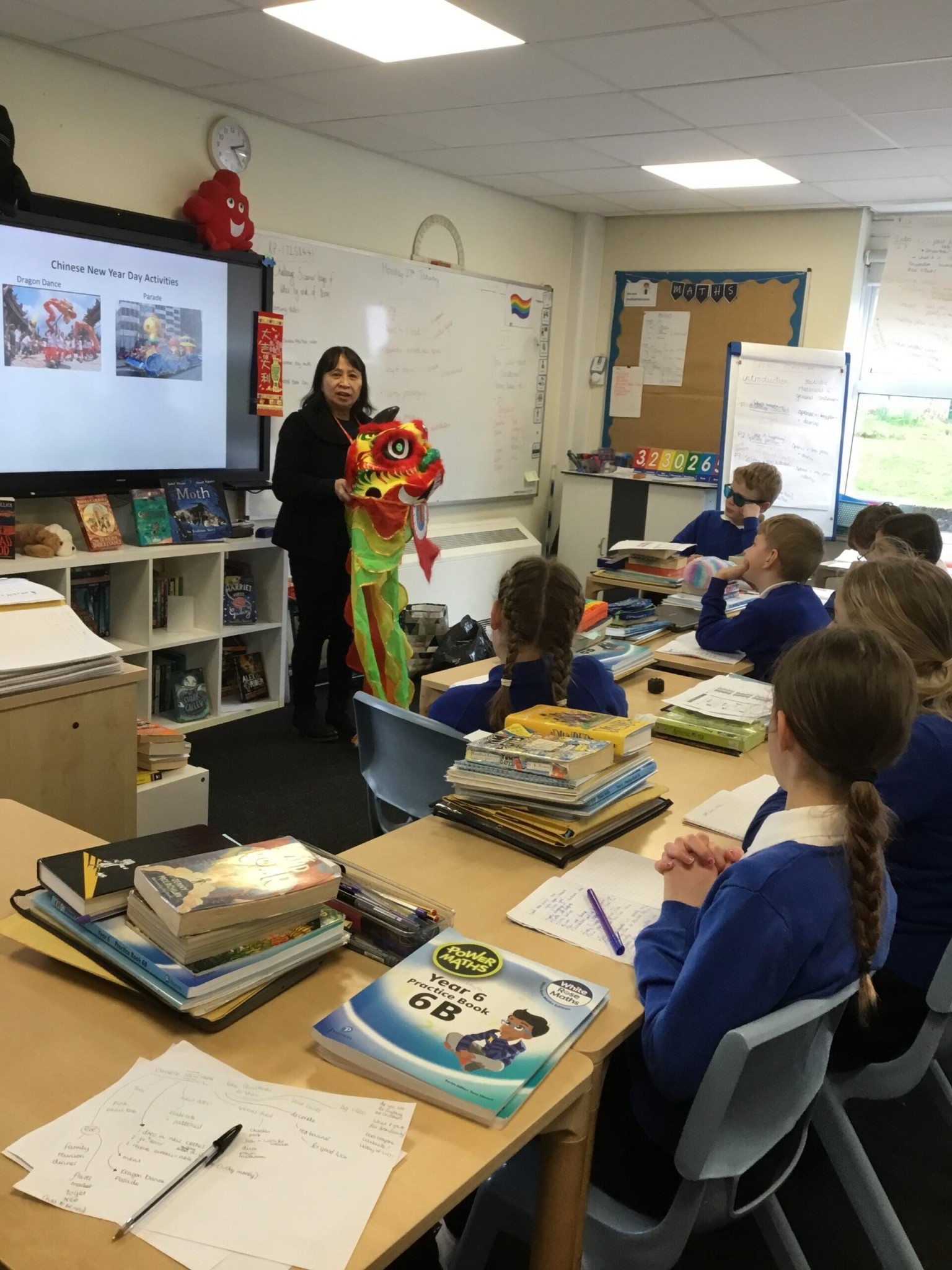
The careful sequencing of our curriculum – and how concepts are gradually built over time – is the progression model. If pupils are keeping up with the curriculum, they are making progress. Formative assessment is prioritised and is focused on whether pupils are keeping up with the curriculum.
In general, this is done through:
• Questioning in lessons. Teachers check understanding so they can fill gaps and address misconceptions as required.
• Pupil voice and conferencing with books. Subject leads and SLT talk to pupils about what they have learnt – both substantive and disciplinary knowledge – and how this connects to learning in previous years and other subjects. For example, pupils in year 4 may be asked to talk about examples of sacrifice and ways it may be significant to different Christians, Muslims and Humanists.
• Post-learning quizzes at the end of each unit. These give teachers an understanding of the knowledge that pupils can recall at the end of the unit, and can be used to identify any remaining gaps to be filled. These can be completed in various ways, at the discretion of each teacher according to the context of their class. These are generally simple recall questions, such as the meaning of key terms or symbolism, or some of the reasons why people, places, events, artefacts, stories and practices may be seen as significant.
• Pre-learning quizzes at the start of each unit for classes when appropriate. These assess pupils’ understanding of the prior knowledge that is required to access the new content in the unit. These are used to identify gaps to be filled prior to teaching the new unit and are used at the discretion of each teacher according to the context of their class. For example, in a unit about the significance of the resurrection to Christians, pupils need to recall Christian teachings about the significance of the life and person of Jesus as well as the concept of sin. This knowledge is assessed in the Pre-Learning Quiz, and teachers can plan to fill any identified gaps.
The right to withdraw
In accordance with Section 71 of the School Standards and Framework Act 1998, parents have the legal right to withdraw their child from all or part of Religious Education (RE) lessons. This right applies to all pupils in all types of schools, including those with or without a religious designation. Parents are not required to provide a reason for this request. If you wish to exercise this right, please contact the school office or speak to your child's teacher. Please note that while the school will supervise withdrawn pupils, it is not obliged to provide alternative teaching during this time.